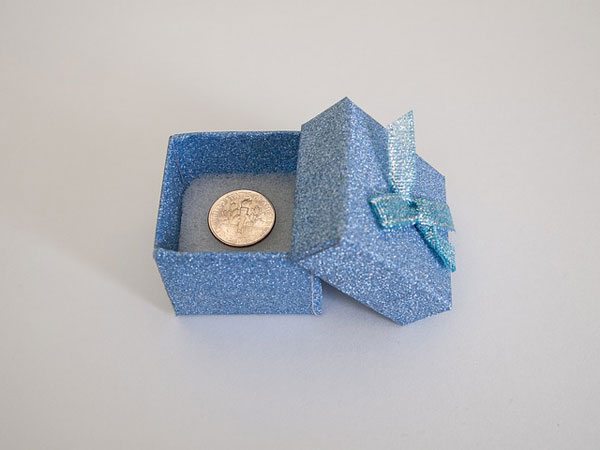
December 3, 2017; Wall Street Journal
Over the years, NPQ has written a lot about donor motivations, but this research provides a different perspective on giving’s effect on business.
Specifically, a new study published via the Social Science Research Network (SSRN) shows an unusual pattern in the giving of hedge fund managers: They become more generous when the funds they manage aren’t performing well. The odd study, which asked the question “Are Hedge Fund Managers’ Charitable Donations Strategic?” analyzed 6,642 donations by 667 hedge fund managers between January 1994 and June 2016 and it found that donations over $7,500 appear to be made on a kind of countercyclical basis.
Sign up for our free newsletters
Subscribe to NPQ's newsletters to have our top stories delivered directly to your inbox.
By signing up, you agree to our privacy policy and terms of use, and to receive messages from NPQ and our partners.
Sugata Ray, one of the three coauthors, says, “These guys seem to be giving money when their funds are doing badly, [which is] the opposite of you and me who give when we are doing well.” But the donations, most of which are one-time—meaning “not renewed later”—and donated to charities popular with investors and other hedge fund managers, apparently work to reboot the system. Funds under the donors’ control see a significant increase in net flows after the donations are made, compared with those of peers who have not donated.
But the strategy does not come cheap, according to Ray. “The average hedge-fund manager isn’t worth hundreds of millions of dollars,” he says, but these gifts can equal around 40 percent of the proceeds of the fees for an entire year. “That is a significant proportion of annual total management fees.”
The researchers do have a guess about what the pattern reflects, suggesting the act of giving a large charitable gift provides the occasion for fund managers to network and market their funds. “By making charitable donations and networking with investors, the fund managers may be able to gain their trust,” says coauthor Vigas Agarwal. Still, he says, “it isn’t possible to provide concrete evidence on such a mechanism.”—Ruth McCambridge












